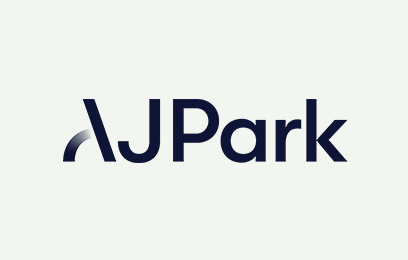We are all aware of the value of what might be called ‘digital assets’ which have arisen from the computer and internet ages. However, many people are unaware that digital assets generally do not constitute property in most countries. This means that in a court of law, property law cannot be applied to protect digital assets in those countries.
The Law Commission of England and Wales is now in the middle of a detailed and complex study of this issue with a view to change the law so that appropriate digital assets will be recognised as legal property. In July 2022, they published a Consultation Paper setting out details and conclusions of their study and requested responses and submissions by 4 November before finalising recommendations to their government.
The digital assets under study include various forms of digital data, digital media, software and crypto assets such as cryptocurrencies and non-fungible tokens (NFTs).
The reason why digital assets are mostly not considered property is because traditional law only recognises personal property to exist in physical possessions and in certain legal rights such as copyright and patents. In Germany, personal property law is even more confined. Property cannot subsist in any intangibles, only physically tangible things.
New Zealand, having law derived from English law, faces similar legal issues to England with the rise in commercial importance of ‘digital assets.’ Clarity in the law could be improved by pursuing a similar analysis to consider whether New Zealand should establish a new form of personal property to cover digital assets. A useful starting point may be the E & W Law Commission’s final analysis and views once published – presumably sometime in 2023.
Issues under current property law
Two examples of commercial problems under the current property law:
- Your business has a dispute with the cloud data centre where your data is stored, whether it be customer data, debtors ledger etc. You wish to have the data returned to you so you can forward it to the new data centre. The data centre terminates your access to your data on its system and refuses to transfer the database to you until and unless you make a payment to settle the dispute. Unfortunately, you cannot use property law to assist because your database does not constitute property upon which ownership is based.
- You are a software developer and have developed new gaming software which has become popular. A big overseas games software company wants to buy it. But it is not property. All you can ‘sell’ is the copyright in the software. Furthermore, the potential buyer will be concerned that you might retain a copy of the source code, which has no parallel when you sell tangible property items.
Secondary rights in digital assets
Although not constituting property, some data may attract legal protection. For example, it will attract copyright if the digital asset can be considered an original human-created work. Computer software falls within this category, and as a result, the software developer can achieve a financial return by licensing the copyright in the software to users in return for a licence fee. Using software requires the computer to make temporary copies of programs or parts of them and that would constitute infringement of copyright without a licence.
A non-business example is where the data constitutes personal information. Unauthorised users of that data will be in breach of privacy law.
However, even for these digital assets, the legal rights provided are somewhat less than the comprehensive legal foundation that property law provides for the sale of goods, for example.
Current New Zealand property law versus current English property law
The courts in both countries have had some potential to determine that property may exist in digital assets that meet certain comprehensive criteria. The English courts have been reluctant to apply this flexibility and thus an Act of Parliament seems necessary to advance matters. On the other hand, the New Zealand High Court has recently applied the necessary criteria to decide that cryptocurrencies constitute property. Unfortunately, older digital assets, such as computer software, do not constitute property and the property law reform being pursued for England and Wales needs to be followed.






